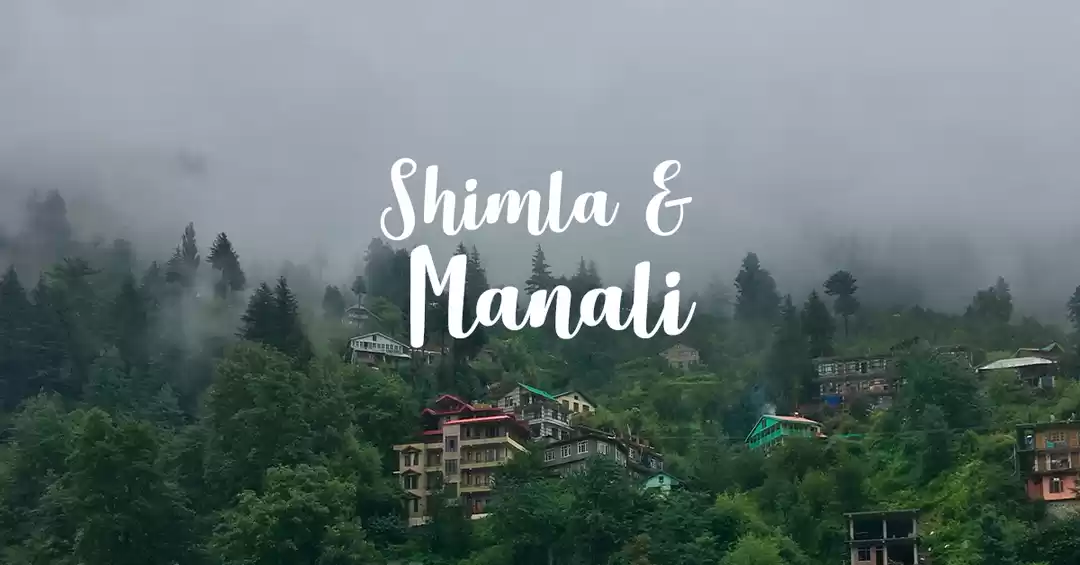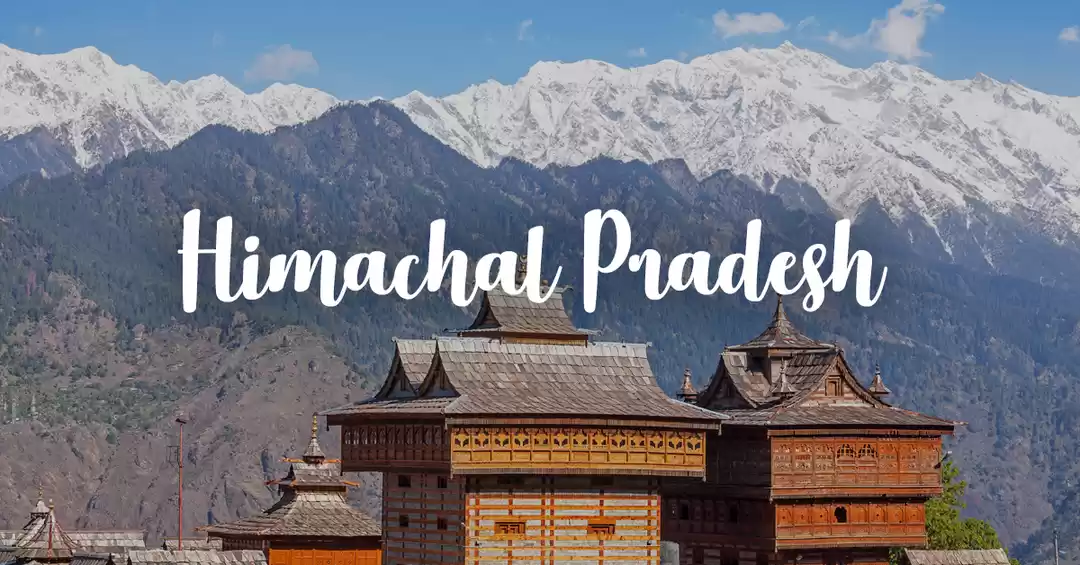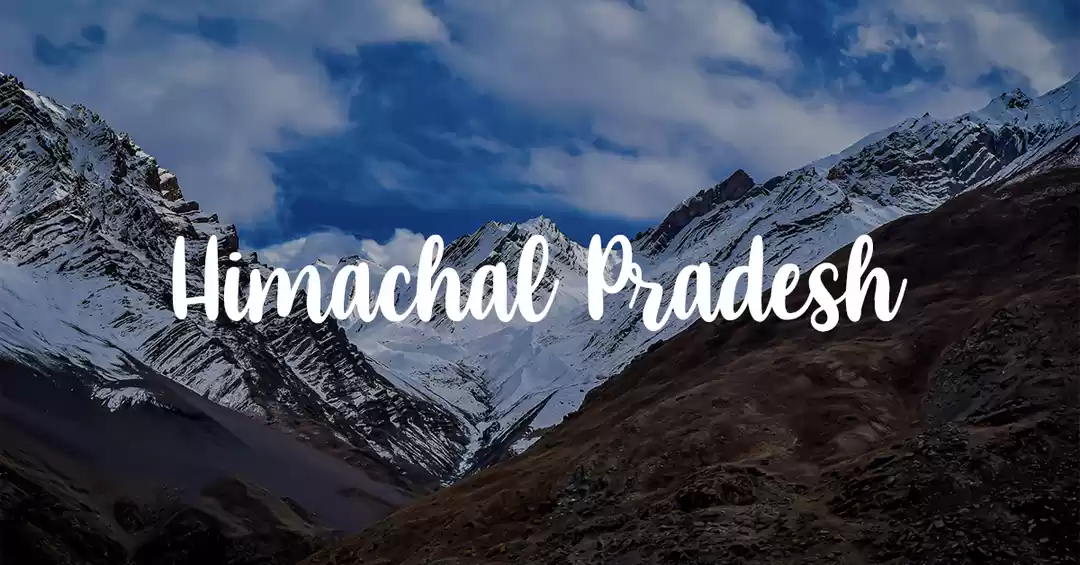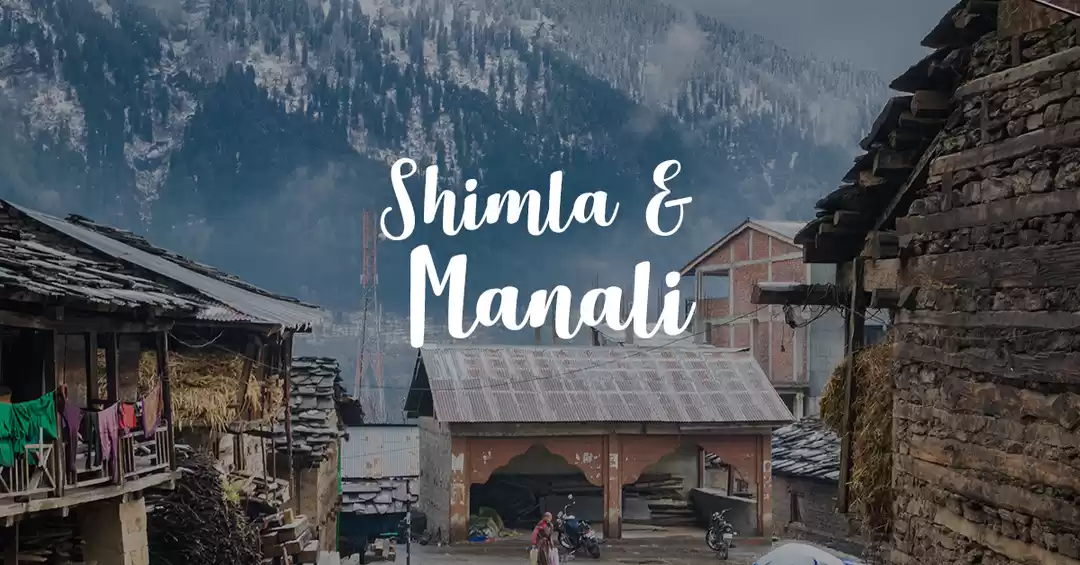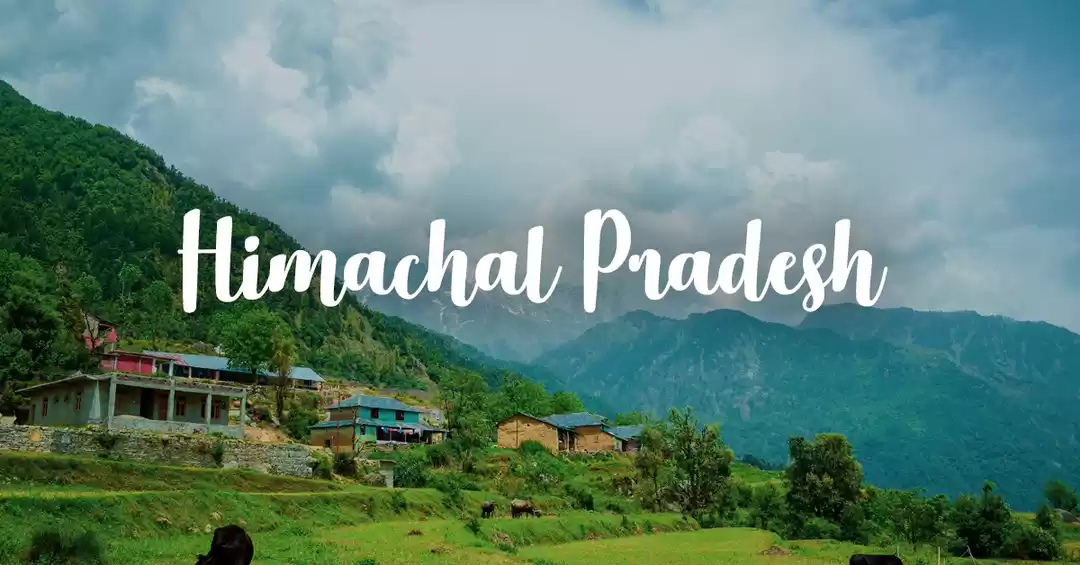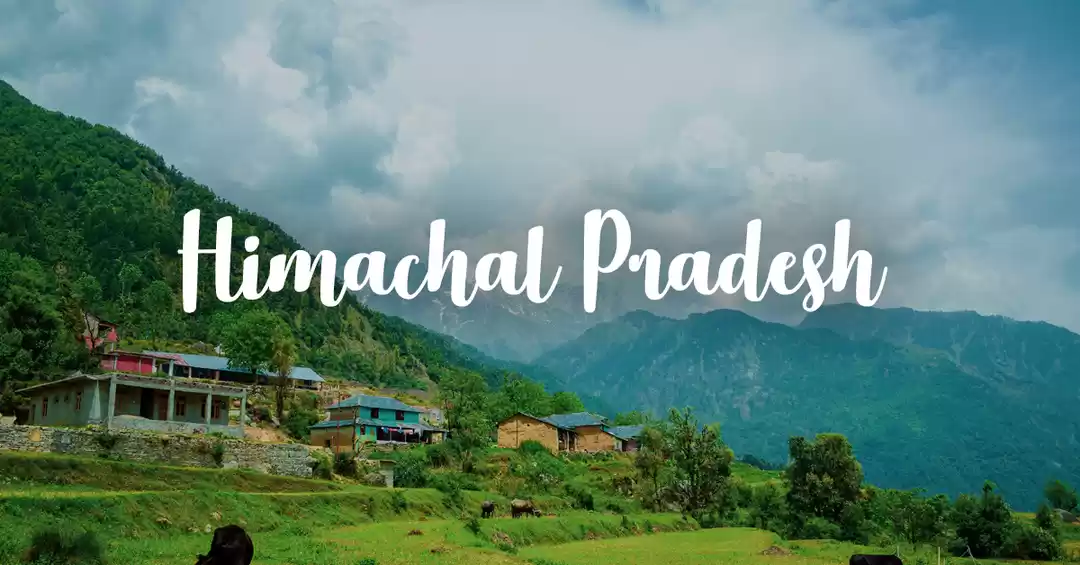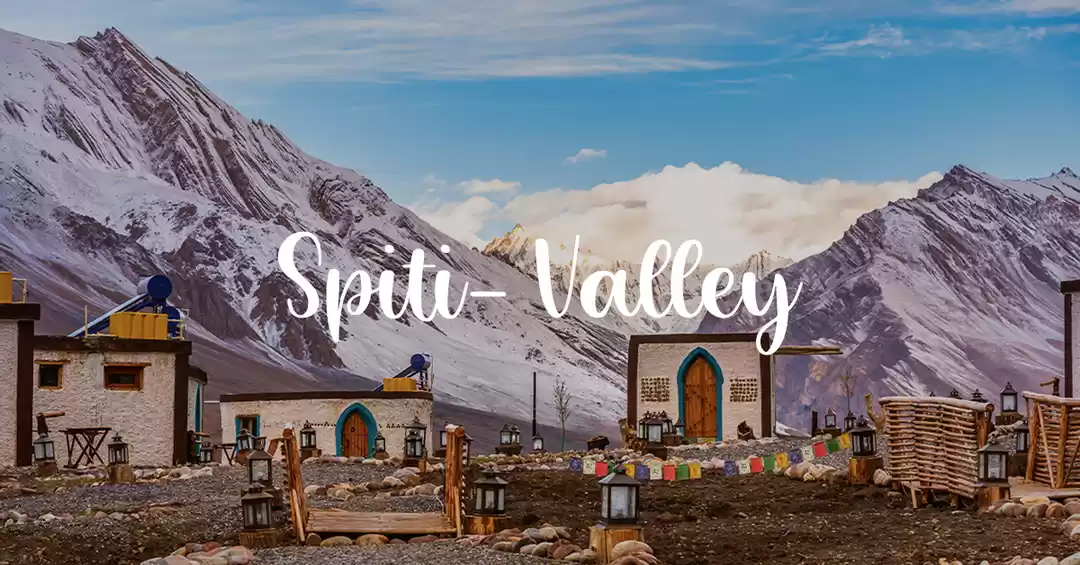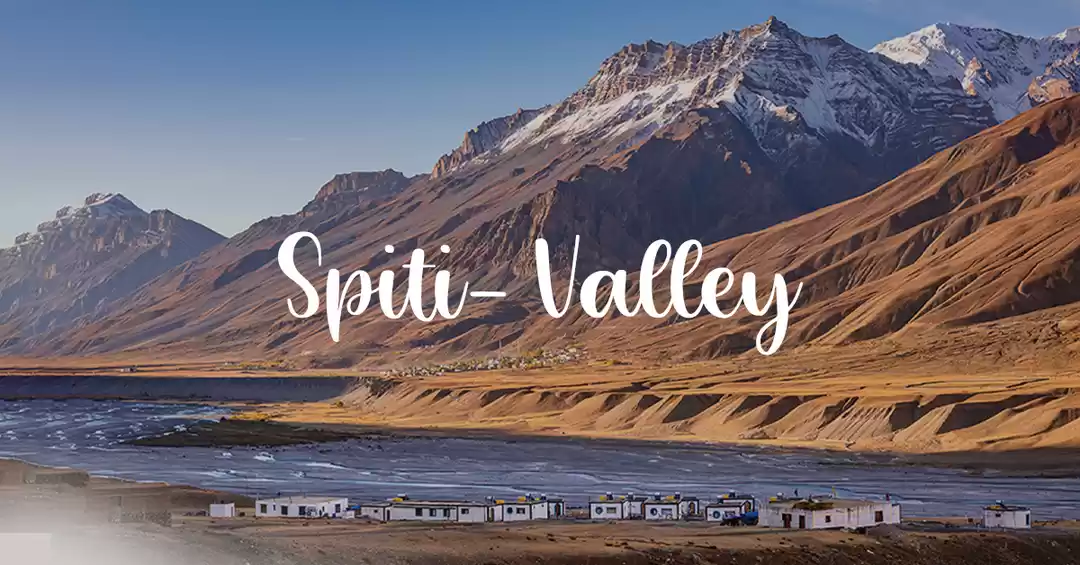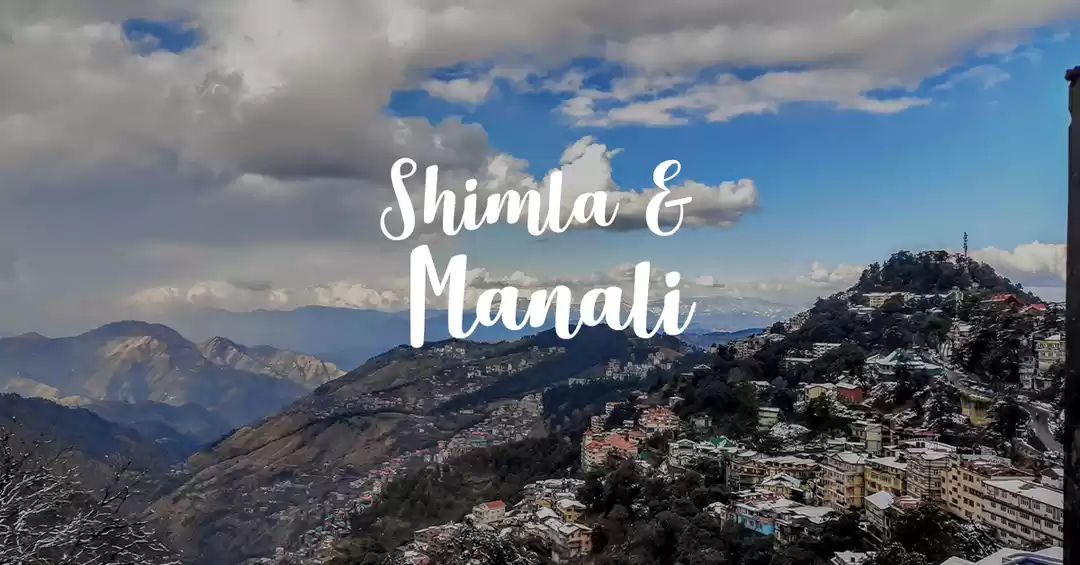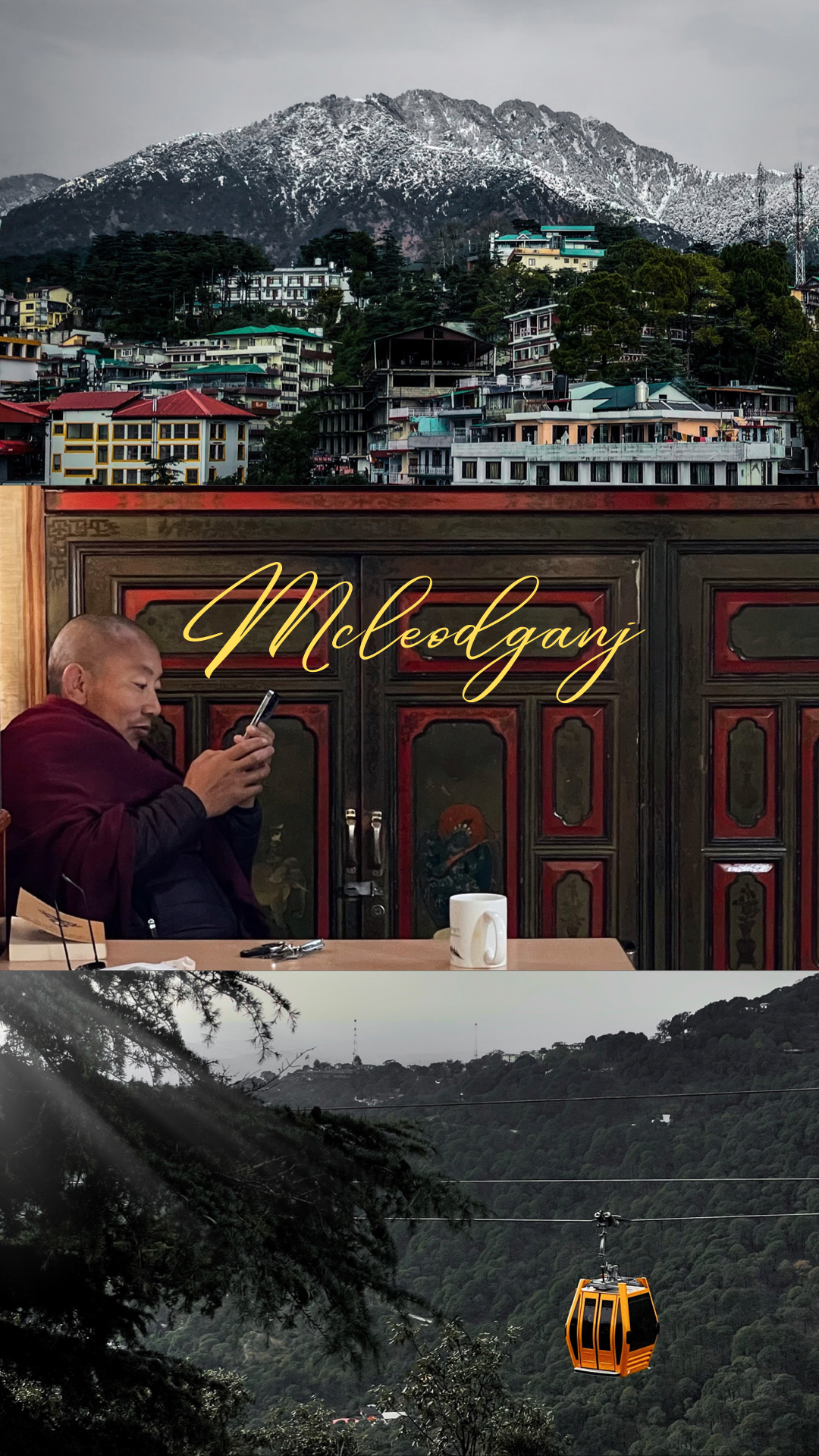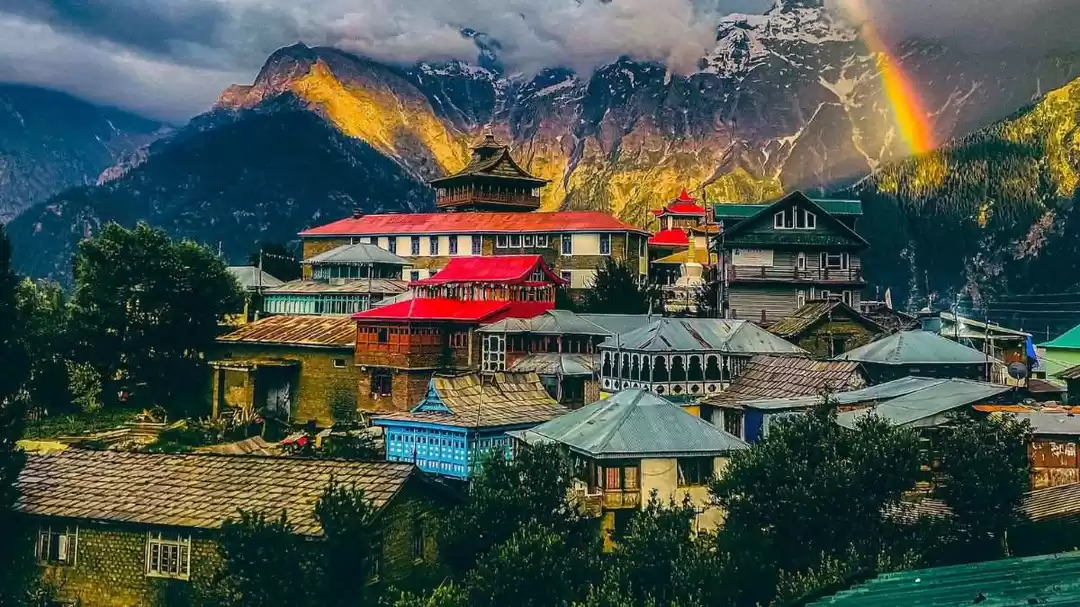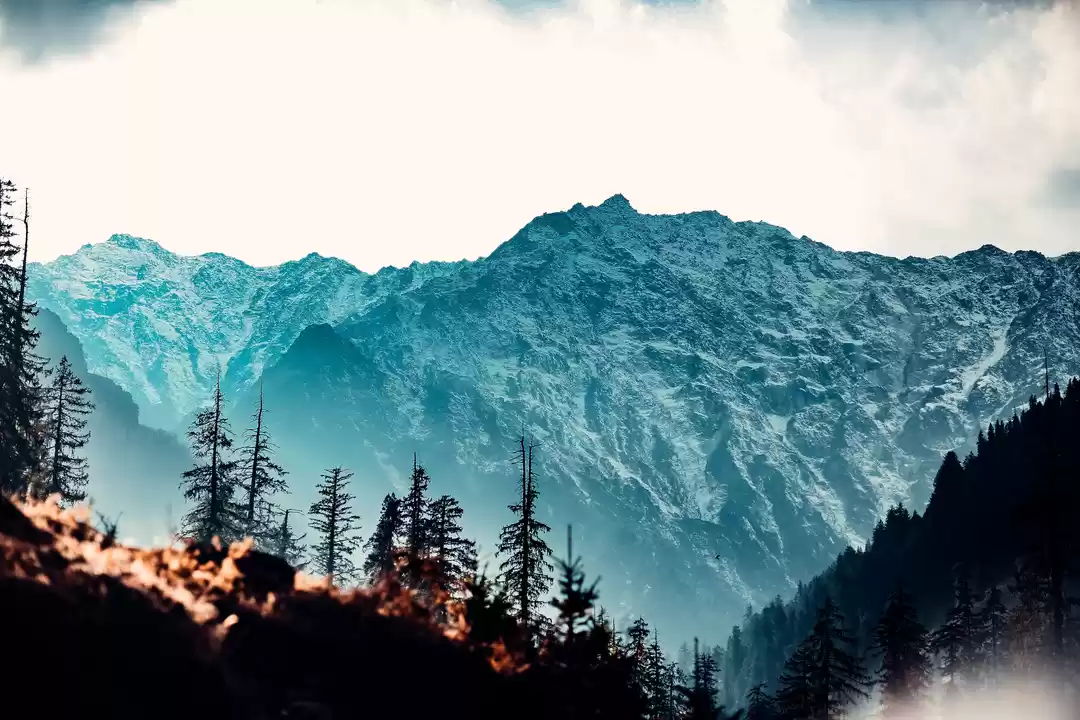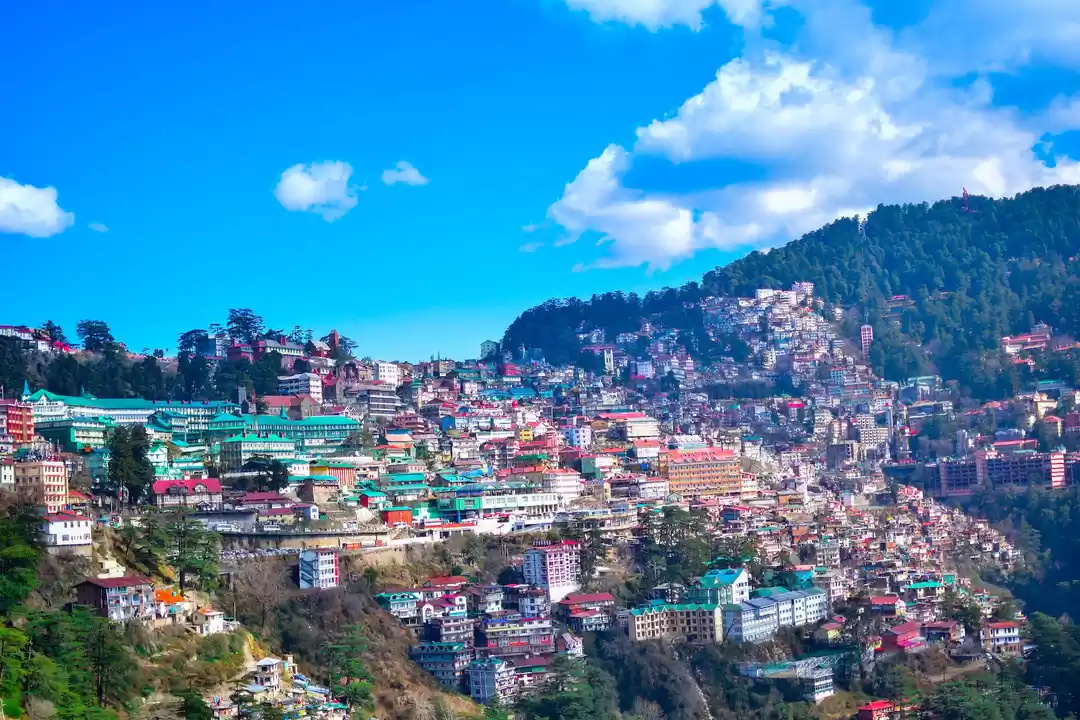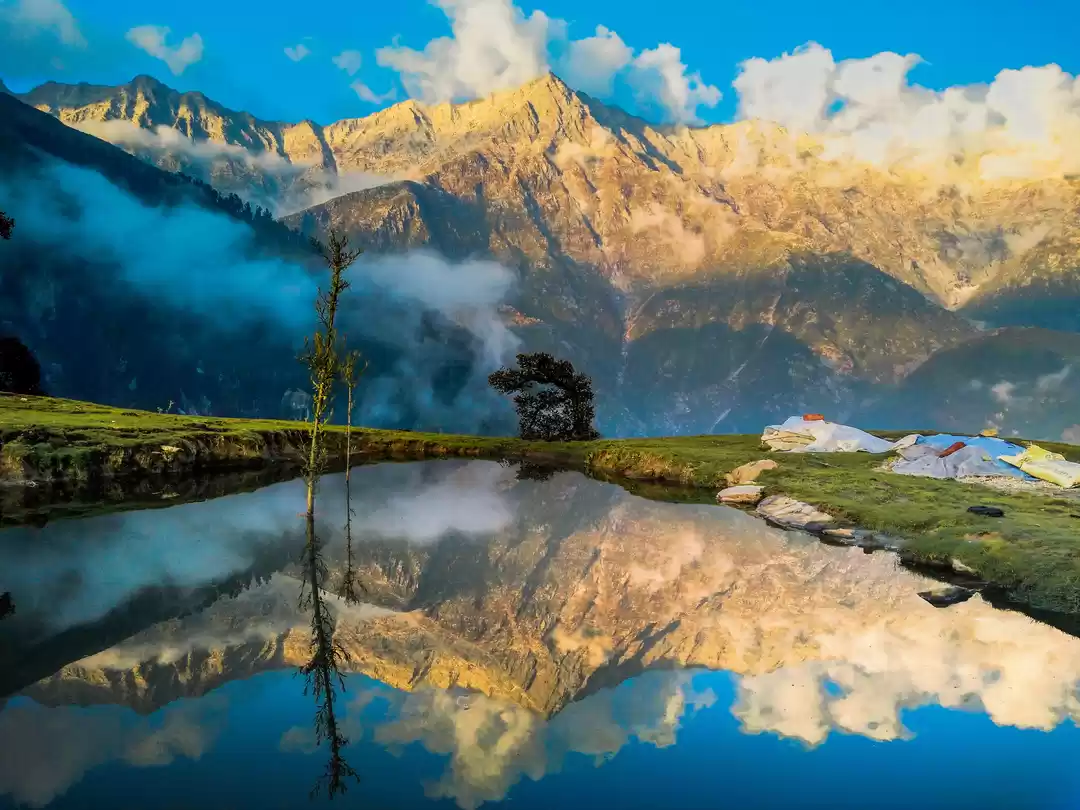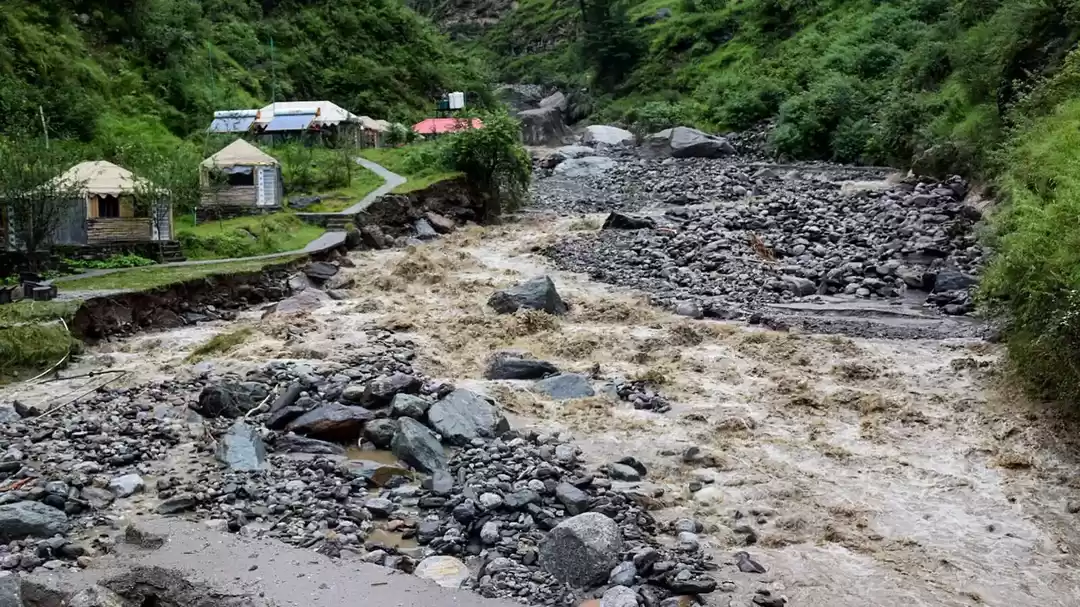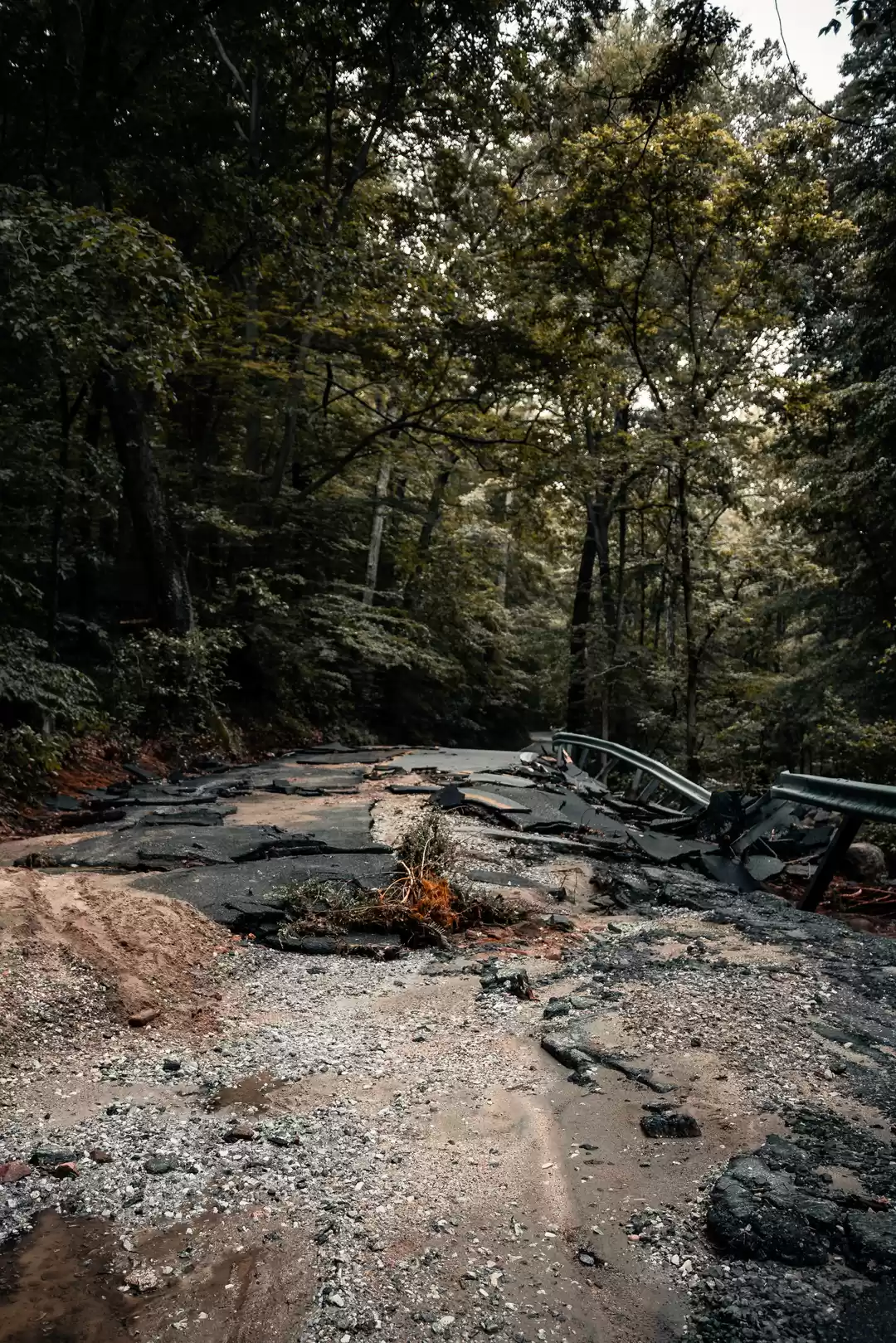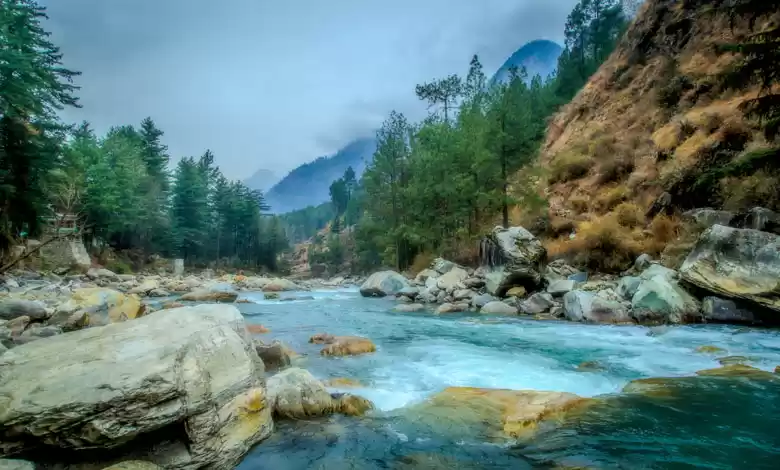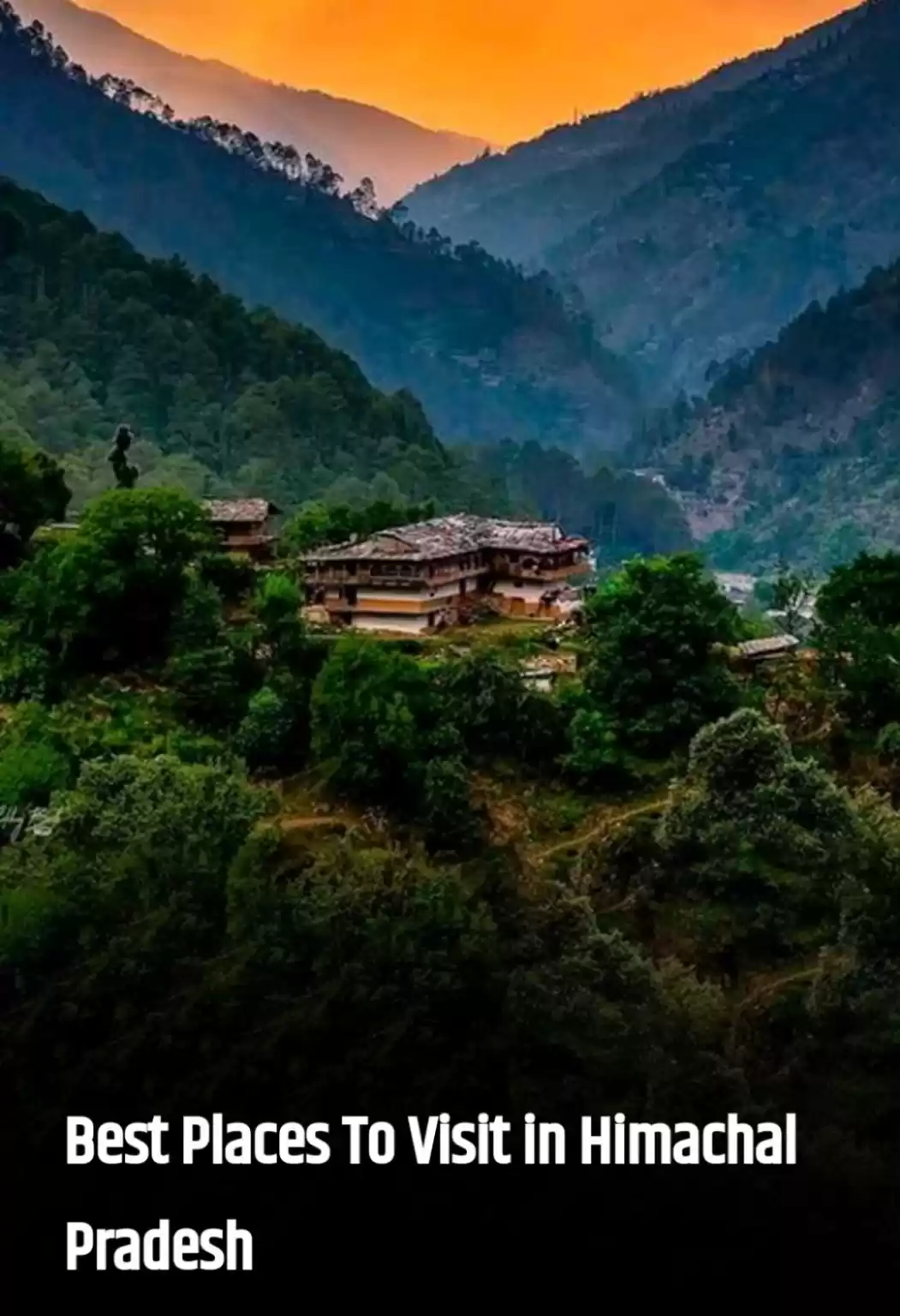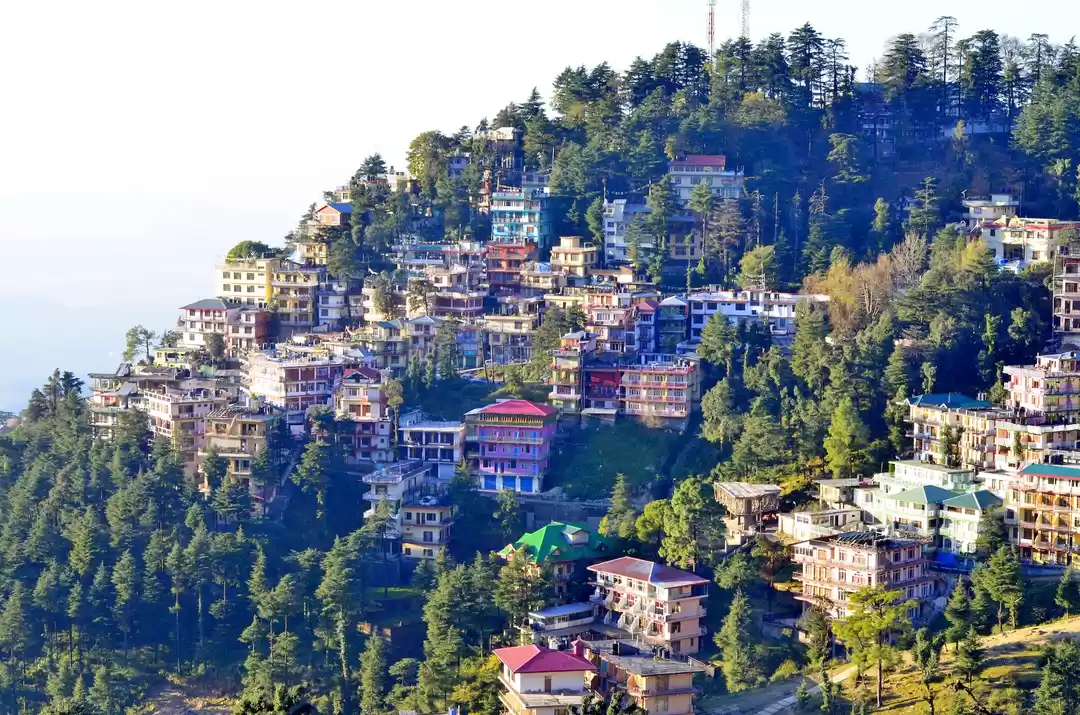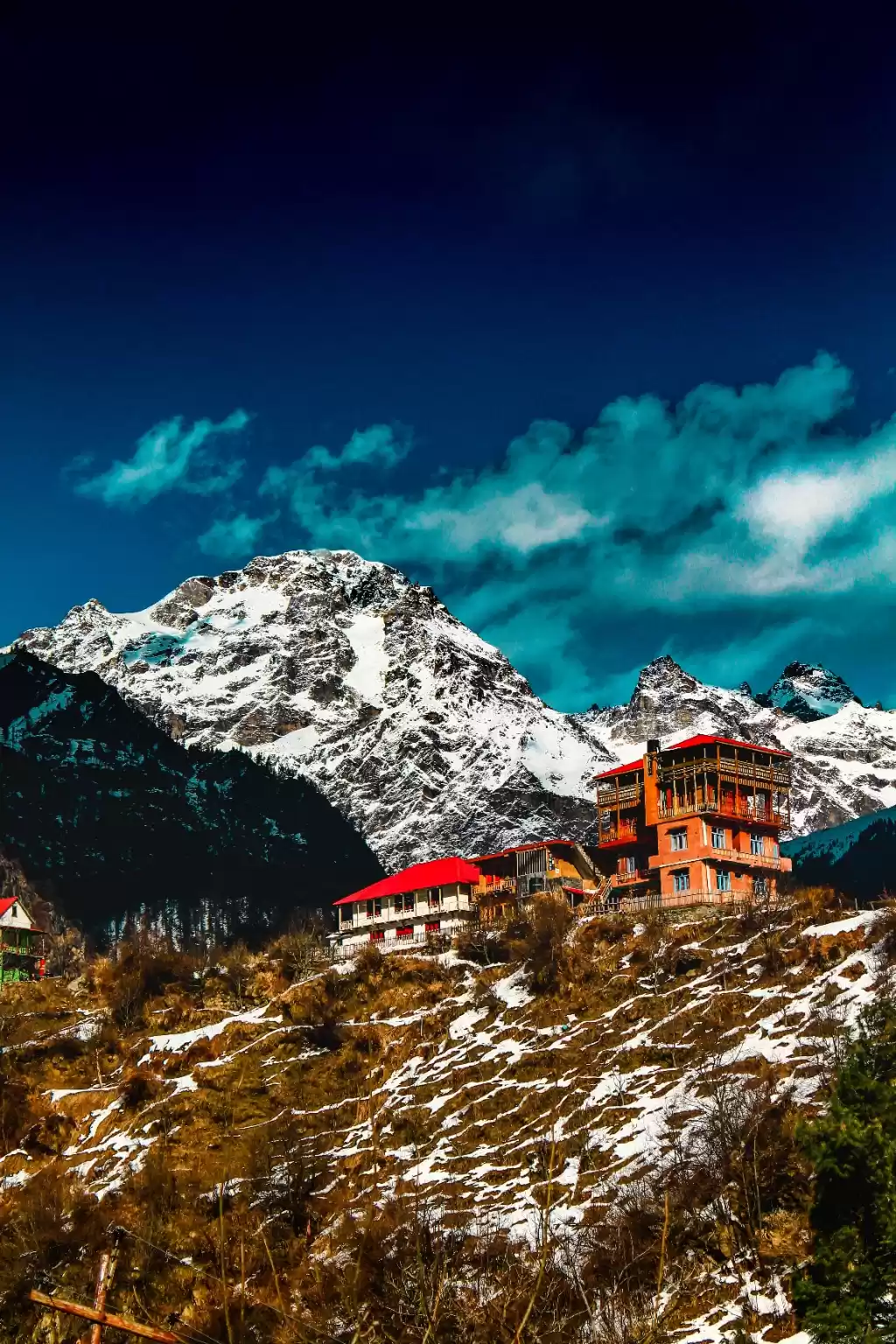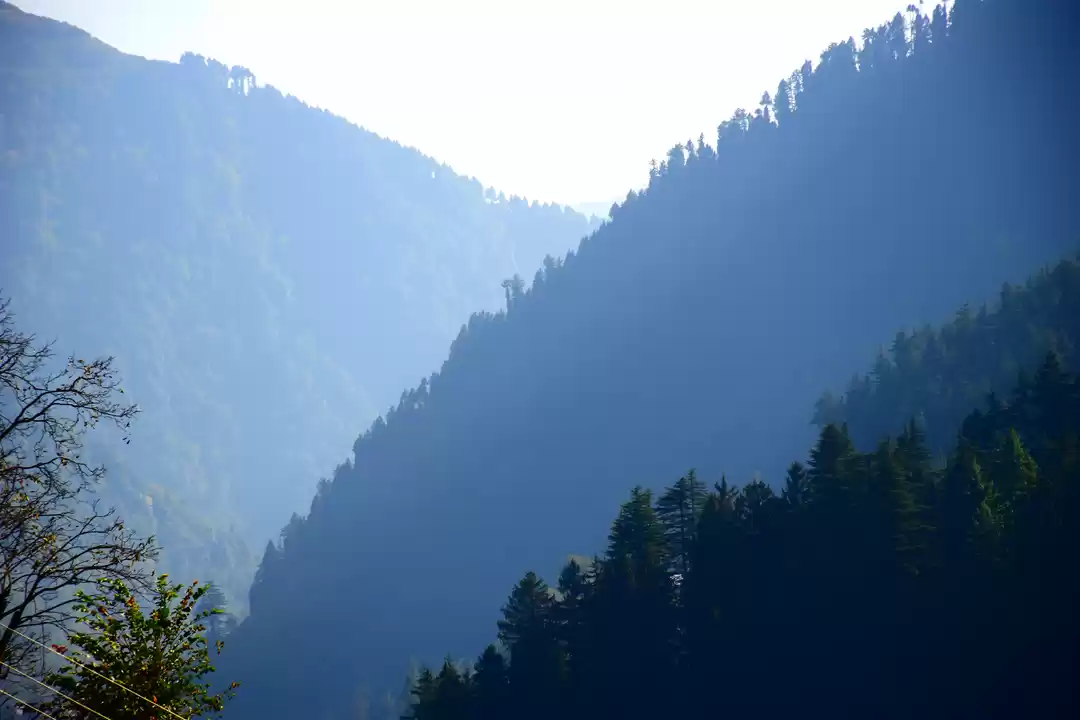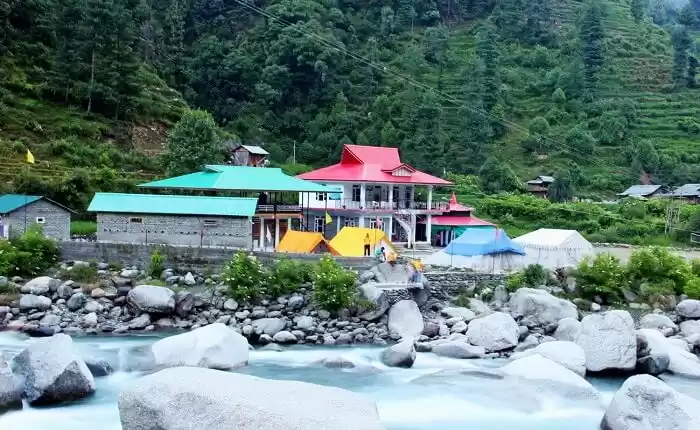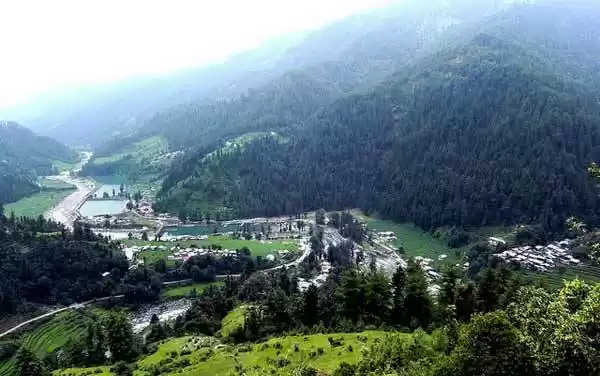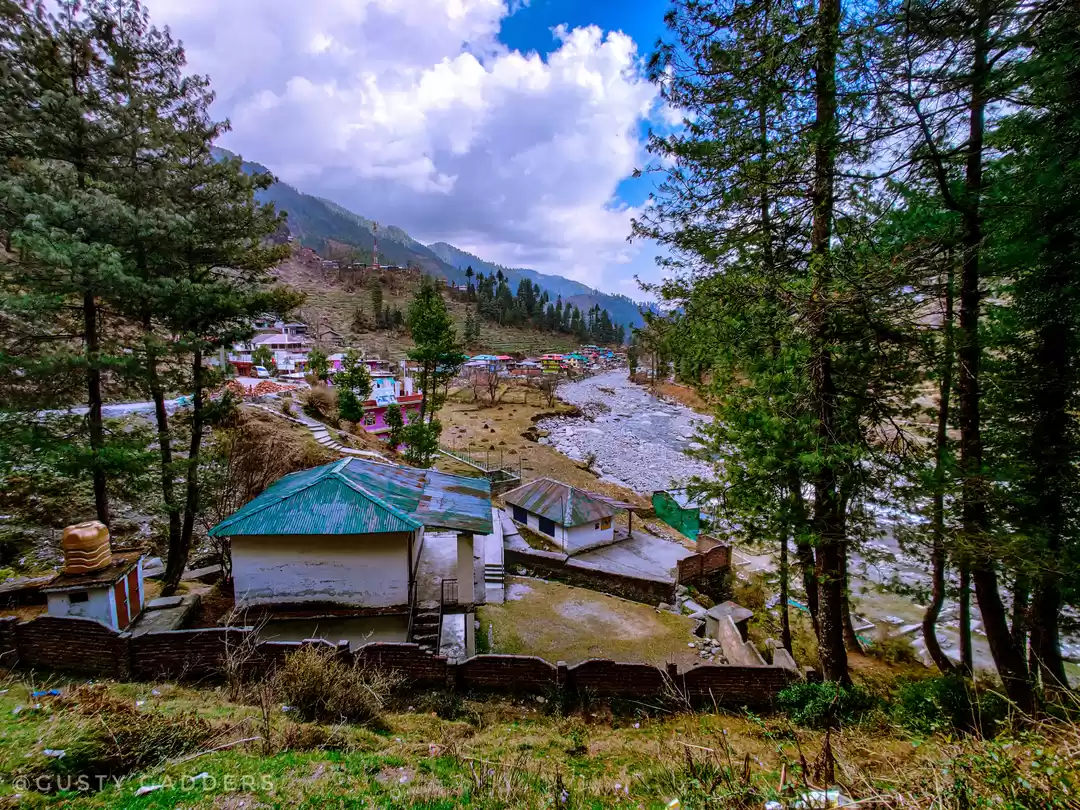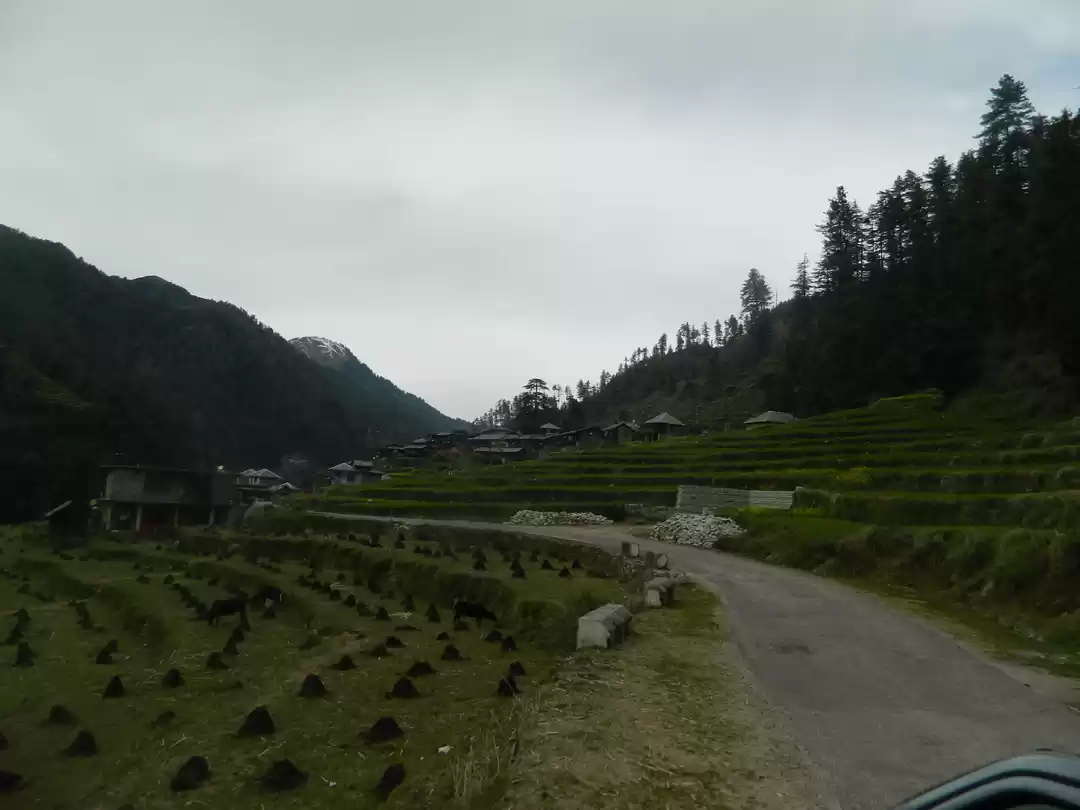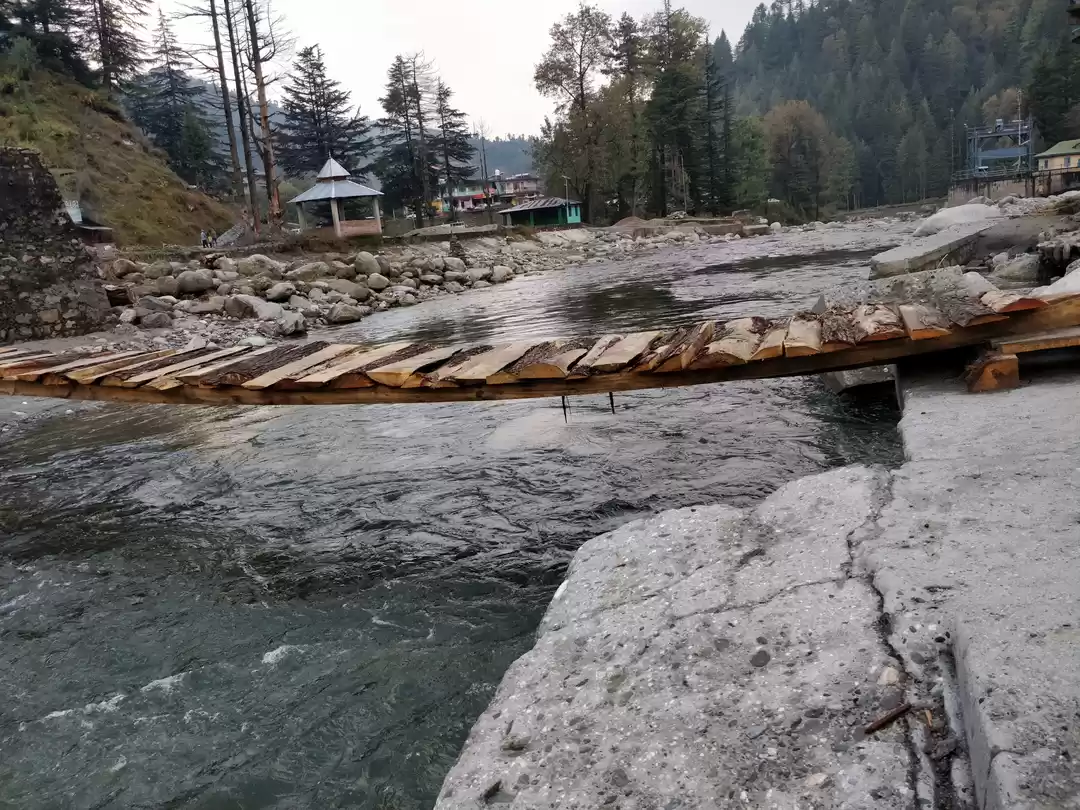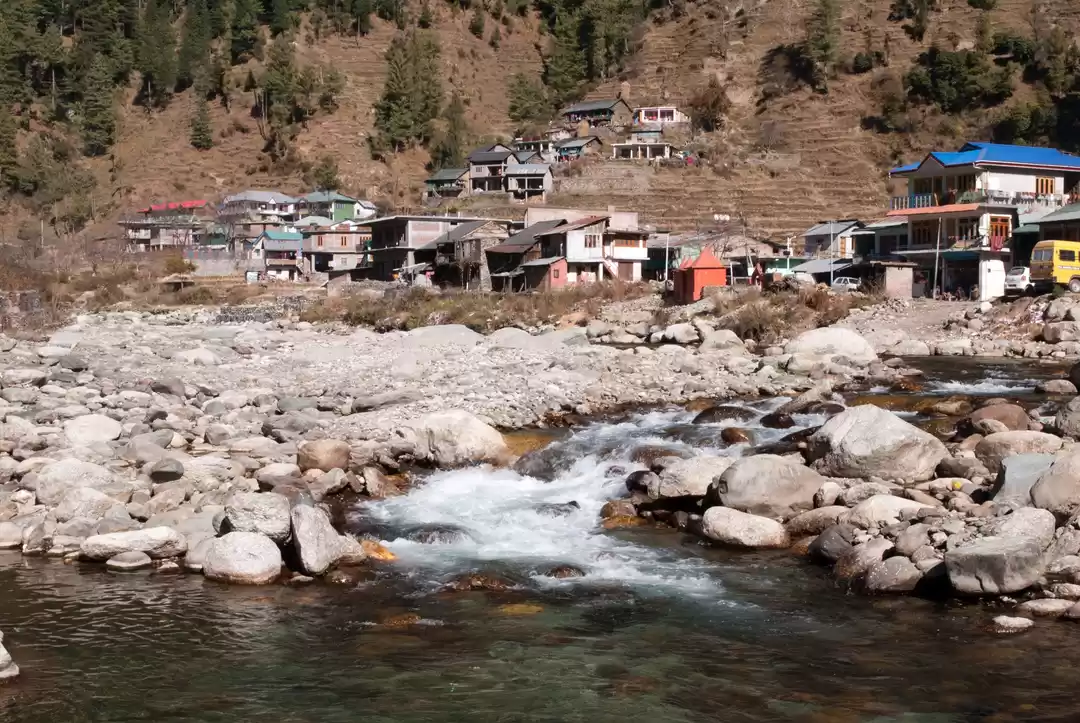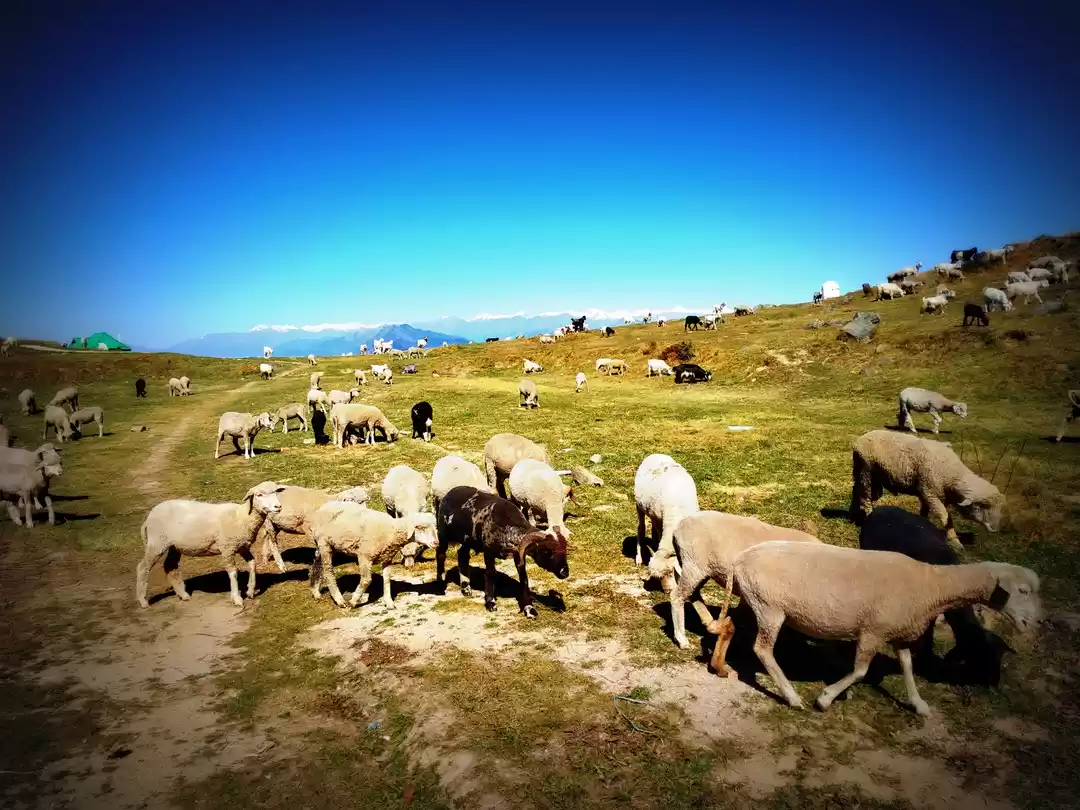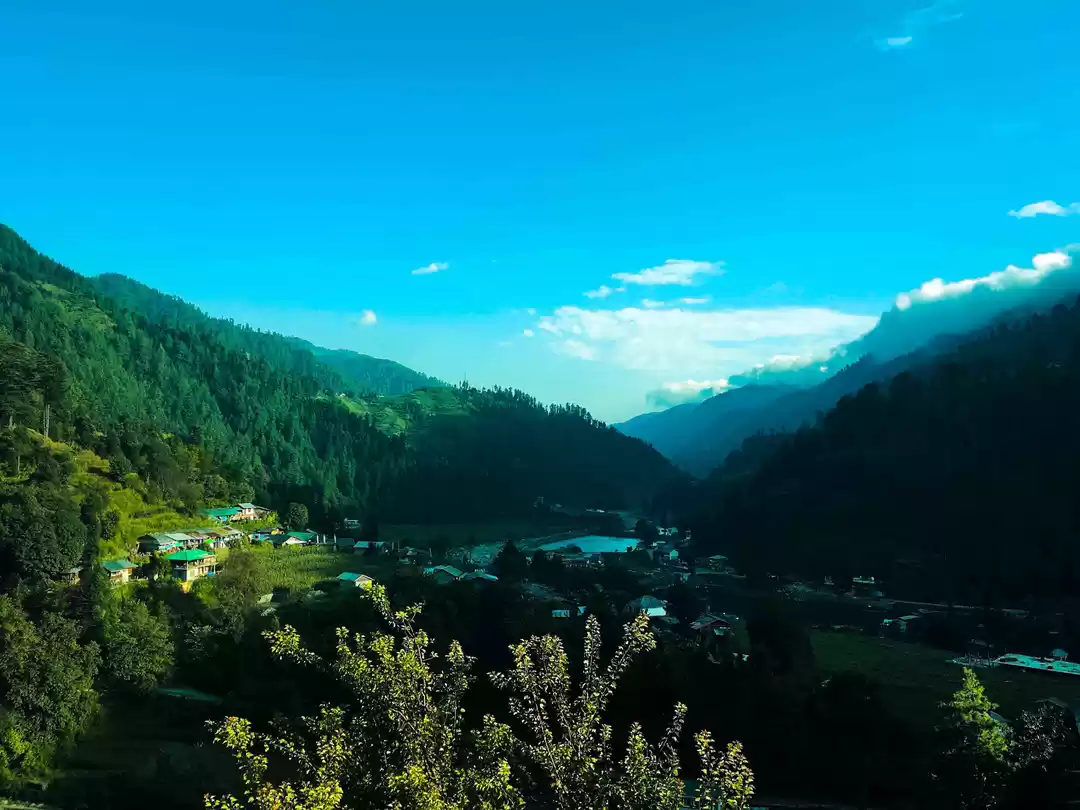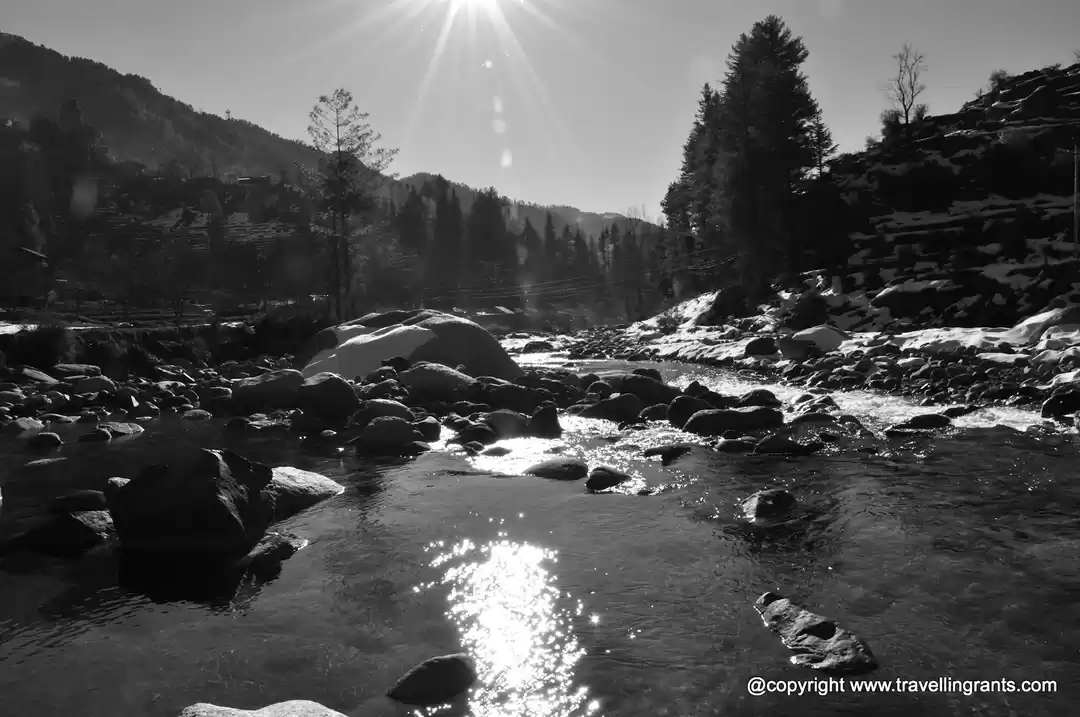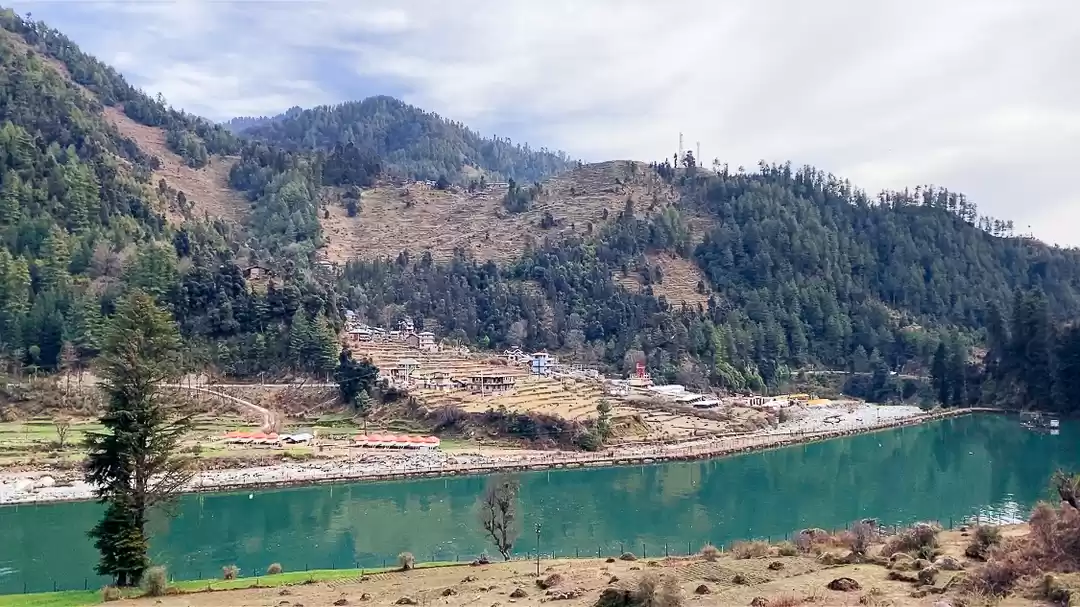An oasis of charm, marooned by challenging terrains and pristine natural beauty, tucked far away in a quaint hamlet near the Mandi district in Himachal, lays a magnificent valley called Barot. This valley was initially created for a hydroelectric project over the Uhl River and is now a popular vacation destination for people who yearn to visit the mountains. For travellers looking to satiate their appetite for outdoorsy adventure, the Barot Valley has plenty of great opportunities. Fishing, camping, and trekking through the Barot Valley are some of the local favourites. Make sure to add this hidden gem to your itinerary for an exciting experience of a lifetime amidst the Shivaliks.

About Barot Valley
Crowned as a “Trekker’s Paradise”, especially for those who travel on a shoestring budget, Barot Valley is located at an elevation of 6,000 feet above sea level near Mandi district in Himachal Pradesh.
Why Visit Barot Valley?
Besides being a haven for backpacking adventure junkies, Barot Valley also draws groups of families and couples. Barot is gradually becoming a well-liked picnic location where visitors can arrange a relaxing stay and unwind with their family & loved ones.
Places To Visit Around Barot Valley
1. Uhl River: The only naturally occurring body of water in the valley is the Uhl River, which rises from the Thamsar Glacier in the Dhauladhar range of the Himalayas. It is one of the best places to visit in Barot because it enables visitors to engage in a variety of outdoor activities like camping and fishing.

2. Chuhar Valley: Chuhar valley in Mandi would unquestionably be the location of peace. The valley, which is located about 35 km from Barot, is home to well-known religious sites like the Jhatingri and Huang Narayan temples. The temple, one of the most significant places of worship near Mandi, is said to have been constructed in the genuine Pahari architectural style.

3. Barot Temple: The Dev Pashakot temple, a shrine to the local deity, is located on the banks of the Uhl River. A 15-minute downhill trek must be completed to reach the temple because it is at the foot of a hill.

4. Shanan Hydel Project: The Shanan Hydel project was the main driver of Barot Valley's growth. It was India's first megawatt-capacity hydroelectric project. It was built by the British with the help of the king of Jogindernagar, and the Punjab State Electricity Board now has control over it.

5. Nargu Wildlife Sanctuary: Explore the diverse and stunning Nargu wildlife sanctuary by crossing the river to the opposite bank. The park, whose boundary resembles a crescent, is home to a variety of animals, from the rare Himalayan monal to the diminutive antelope-like Ghorals. The park, which was founded in 1962, retains the classic allure of biodiversity parks.

How To Reach Barot Valley?
The valley is easily accessible from major cities like Delhi and Chandigarh. Even though Barot is a lesser-known tourist destination, all forms of transportation are available to the valley.
By Air
There is always the option of flying for those who'd rather avoid the turbulent commuting times on the roads. The valley is 100 km away from the Kullu airport in Bhuntar. Barot is only a 4-5 hour drive to the south. Daily flights are available from Mumbai and Delhi. The Gaggal airport near Dharamshala, which is about 110 km from the valley, is yet another choice. The trip from the airport to Barot Valley is simpler via Kullu because taxis and public transportation are always available. n are available there.
By Train
The Jogindernagar railway station, which connects trains between Chandigarh, Palampur, Ghatasni, and other locations, is located 36 km away from the valley. The Pathankot-Mandi road is only 96 km from Barot Valley, and the railway station has a narrow gauge rail connection to Pathankot.
By Road
Delhi to Barot Valley – 476 km
Chandigarh to Barot Valley – 241 km
Pathankot to Barot Valley – 182 km
There are two straightforward routes from Delhi to the valley: one from Mandi and one from Jogindernagar, both of which take almost the same amount of time to reach Barot Valley. And, unarguably, it is one of the most memorable drives through Mandi, and it would make for a fantastic road trip with friends or family.
Best Time To Visit
The most ideal time to travel to Barot Valley is between February to June, and September to December.
Only during the monsoons do the valley's climatic conditions become particularly harsh. It receives a lot of rain because of its high altitude. It is therefore unsuitable for activities like trekking.
The valley is accessible at any time, the winters and summers offer just the right amount of warmth and cold, with an average temperature of around 16° C.
So, what are you waiting for? Plan your much-awaited trip to the quaint valley of Barot this season and make the most of the holiday!
Think we missed out on something? Tell us about it in the comments below.



